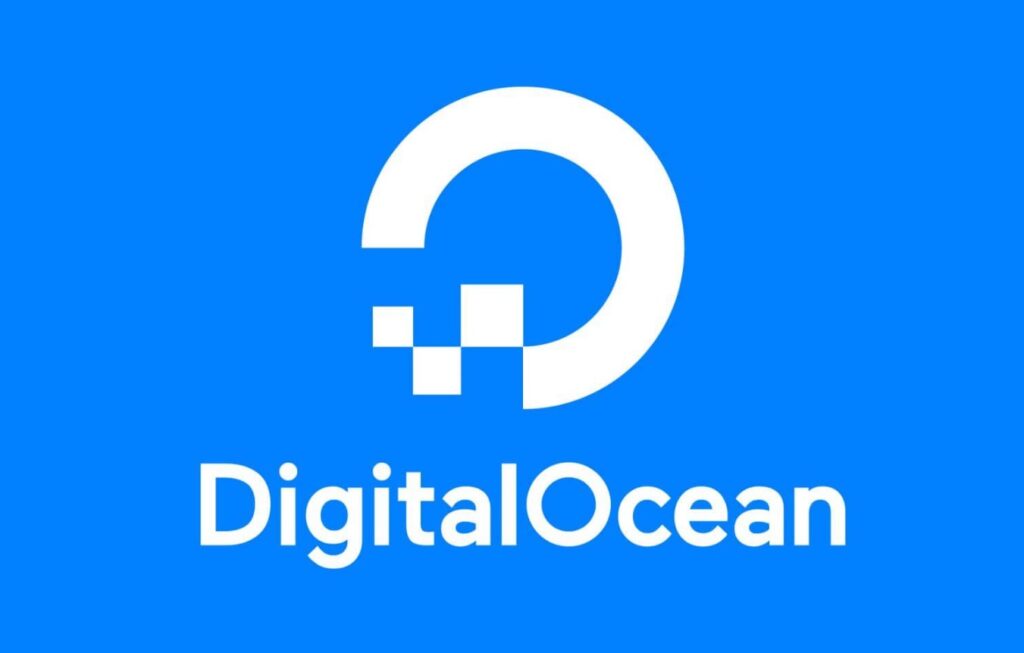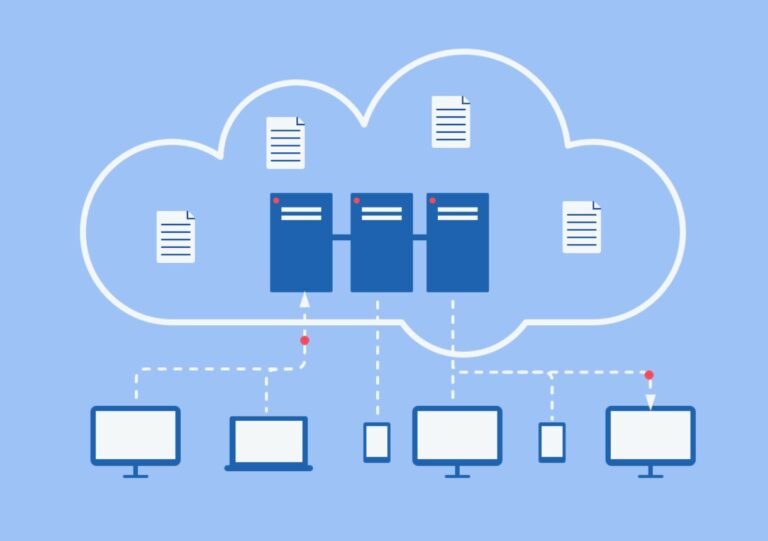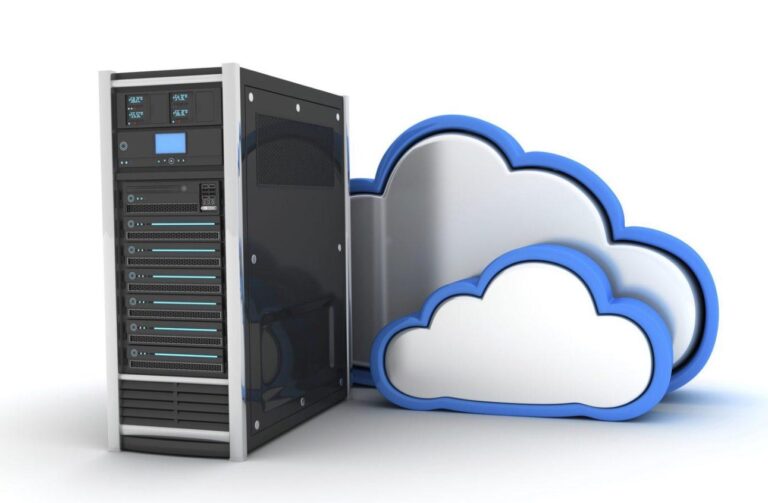Cloud Web Server: Guide, Top Solutions, Benefits, and How to Buy
In today’s digital era, having a dependable and high-performing cloud web server is crucial for the success of any business or personal endeavor.
Cloud-based web servers have emerged as the preferred solution because of their ability to scale according to the user’s needs, their strong performance, and their cost efficiency.
This piece will thoroughly explore the advantages of cloud web servers, offer a comparison of leading products available in the market, and furnish comprehensive guidance on the procurement and utilization of these robust resources.
What is a Cloud Web Server?
A cloud web server is essentially a virtual server that is hosted on a cloud computing platform such as Amazon Web Services (AWS), Microsoft Azure, or Google Cloud Platform.
Unlike traditional web servers that are hosted on physical hardware, cloud servers offer a high degree of flexibility and scalability.
This means that resources can be easily adjusted based on current needs, allowing businesses to efficiently manage their computing resources.
Additionally, cloud servers typically feature high availability, meaning that they are designed to minimize downtime and ensure that services remain accessible to users.
Moreover, cloud servers often utilize a pay-as-you-go pricing model, which means that businesses only pay for the resources they use, making it a cost-effective solution compared to investing in and maintaining physical hardware.
Benefits of Using a Cloud Web Server

1. Scalability
Cloud web servers offer the flexibility to automatically adjust their capacity to match your website’s traffic patterns.
This dynamic scaling capability allows you to efficiently manage your costs by only paying for the resources you actually use.
Moreover, cloud servers can quickly handle sudden traffic increases, ensuring that your website remains responsive, reliable, and available to users at all times. 🌐
2. Reliability
With cloud hosting, your website is hosted on a virtual server and is not dependent on a single physical server.
Instead, it utilizes a network of servers, which means that in case one server fails, another one takes over, ensuring high uptime and redundancy.
This distributed hosting infrastructure leads to better performance, scalability, and reduced downtime for your website. 🔧
3. Cost-Effectiveness
When setting up traditional servers, businesses need to make a substantial initial investment in hardware and ongoing maintenance.
On the other hand, cloud web servers eliminate these upfront costs, providing a more cost-effective solution through a pay-as-you-go model.
This allows businesses to scale resources according to their needs and pay only for what they use, making it a more flexible and budget-friendly option. 💰
See also: Cloud Based Server: Benefits, Top Products, and Buying Guide
Top 5 Cloud Web Server Products
1. Amazon Web Services (AWS)
The platform offers a wide array of cloud services, covering everything from virtual servers (EC2 instances) for web hosting to a rich selection of security features, scalability options, and a diverse set of development tools catering to the needs of software developers.
- Use Case: Ideal for businesses of all sizes, from startups to enterprises.
- Pros: High scalability, extensive service offerings, global reach.
- Cons: Can be complex to set up and manage.
- Price: Pay-as-you-go, with a free tier available.
- Features: Auto-scaling, load balancing, high availability, extensive security features.
- Website: Get Started with AWS
2. Google Cloud Platform (GCP)
Google Compute Engine is a robust platform for hosting web applications. Renowned for its impressive data analytics features and seamless integration with other Google services, it offers a comprehensive solution for web hosting and data processing.
- Use Case: Suitable for businesses needing strong data analytics and machine learning integrations.
- Pros: Powerful analytics, excellent performance, integration with Google services.
- Cons: Pricing can be high for extensive use.
- Price: Pay-as-you-go, with a free tier available.
- Features: Global load balancing, autoscaling, strong data analytics, high security.
- Website: Get Started with GCP
3. Microsoft Azure
Azure is a provider that offers a diverse selection of cloud services, among which are Virtual Machines tailored for web hosting needs.
Their services boast seamless integration with a wide array of Microsoft products and services.
- Use Case: Best for businesses heavily using Microsoft products.
- Pros: Seamless integration with Microsoft services, high availability, strong security.
- Cons: Can be costly for smaller businesses.
- Price: Pay-as-you-go, with a free tier available.
- Features: Auto-scaling, load balancing, high availability, strong security features.
- Website: Get Started with Azure
4. DigitalOcean

DigitalOcean is widely recognized for its user-friendly interface and seamless experience for developers.
The platform provides Droplets, which are virtual private servers used for hosting applications and websites.
- Use Case: Ideal for developers and small businesses.
- Pros: Easy to use, cost-effective, strong community support.
- Cons: Limited advanced features compared to AWS or GCP.
- Price: Starts at $5 per month.
- Features: Simple setup, cost-effective, robust performance, community support.
- Website: Get Started with DigitalOcean
5. Vultr
Vultr provides high-performance SSD cloud servers that are designed to be easy to use and cost-effective.
- Use Case: Great for developers and small to medium-sized businesses.
- Pros: Affordable, high-performance, easy to use.
- Cons: Limited advanced features.
- Price: Starts at $2.50 per month.
- Features: High-performance SSD storage, simple setup, cost-effective, global reach.
- Website: Get Started with Vultr
Comparison Table
| Feature | AWS | GCP | Azure | DigitalOcean | Vultr |
|---|---|---|---|---|---|
| Scalability | High | High | High | Moderate | Moderate |
| Pros | Extensive tools, global reach | Powerful analytics, integration with Google services | Integration with Microsoft, high availability | Easy to use, cost-effective | Affordable, high-performance |
| Cons | Complex setup, can be costly | High pricing for extensive use | Costly for smaller businesses | Limited advanced features | Limited advanced features |
| Price | Pay-as-you-go | Pay-as-you-go | Pay-as-you-go | Starts at $5/month | Starts at $2.50/month |
| Features | Auto-scaling, load balancing, high availability, extensive security | Global load balancing, autoscaling, strong data analytics | Auto-scaling, load balancing, high availability, strong security | Simple setup, cost-effective, community support | High-performance SSD storage, simple setup |
Real-World Use Cases
1. E-commerce Websites
E-commerce platforms often face fluctuating levels of website traffic, particularly during sales events or promotional periods.
Cloud-based web servers offer the flexibility and scalability required to accommodate these changes while maintaining optimal performance.
2. SaaS Applications
Software-as-a-service (SaaS) applications are dependent on high availability and reliability to ensure seamless operations.
Cloud-based web servers play a crucial role in maintaining the smooth functioning of these applications and enable them to scale efficiently in response to increasing user demand.
3. Content Management Systems (CMS)
Websites that utilize Content Management Systems (CMS) such as WordPress can take advantage of the scalability and dependability offered by cloud-based web servers.
This ensures that the content on the websites is consistently accessible and delivered promptly to users, contributing to a seamless and efficient user experience.
See also: Server Cloud Backup: Secure Your Data with the Best Options
How to Buy a Cloud Web Server
- Choose a Provider: Select from top providers like AWS, GCP, Azure, DigitalOcean, or Vultr based on your needs and budget.
- Sign Up: Create an account on the provider’s website.
- Select a Plan: Choose a pricing plan that fits your requirements. Most providers offer a pay-as-you-go model.
- Set Up Your Server: Follow the provider’s setup instructions to configure your cloud web server.
- Deploy Your Website: Upload your website or application to the cloud server and configure any necessary settings.
FAQs
1. What is a cloud web server?
A cloud web server is a virtual server hosted on a cloud computing platform, offering scalability, reliability, and cost-effectiveness.
2. How does a cloud web server differ from a traditional server?
Cloud web servers provide dynamic scalability and high availability, unlike traditional servers which require physical hardware and have fixed resources.
3. Which cloud web server is best for small businesses?
DigitalOcean and Vultr are cost-effective and easy to use, making them ideal for small businesses.
4. Can I scale my cloud web server as my business grows?
Yes, cloud web servers offer dynamic scalability, allowing you to adjust resources based on your needs.
5. How much does a cloud web server cost?
Pricing varies by provider, but many offer pay-as-you-go models and free tiers to help you get started affordably.
By leveraging the power of cloud web servers, you can ensure your online presence is robust, scalable, and cost-effective. Choose the right provider for your needs and watch your digital operations thrive! 🌟





